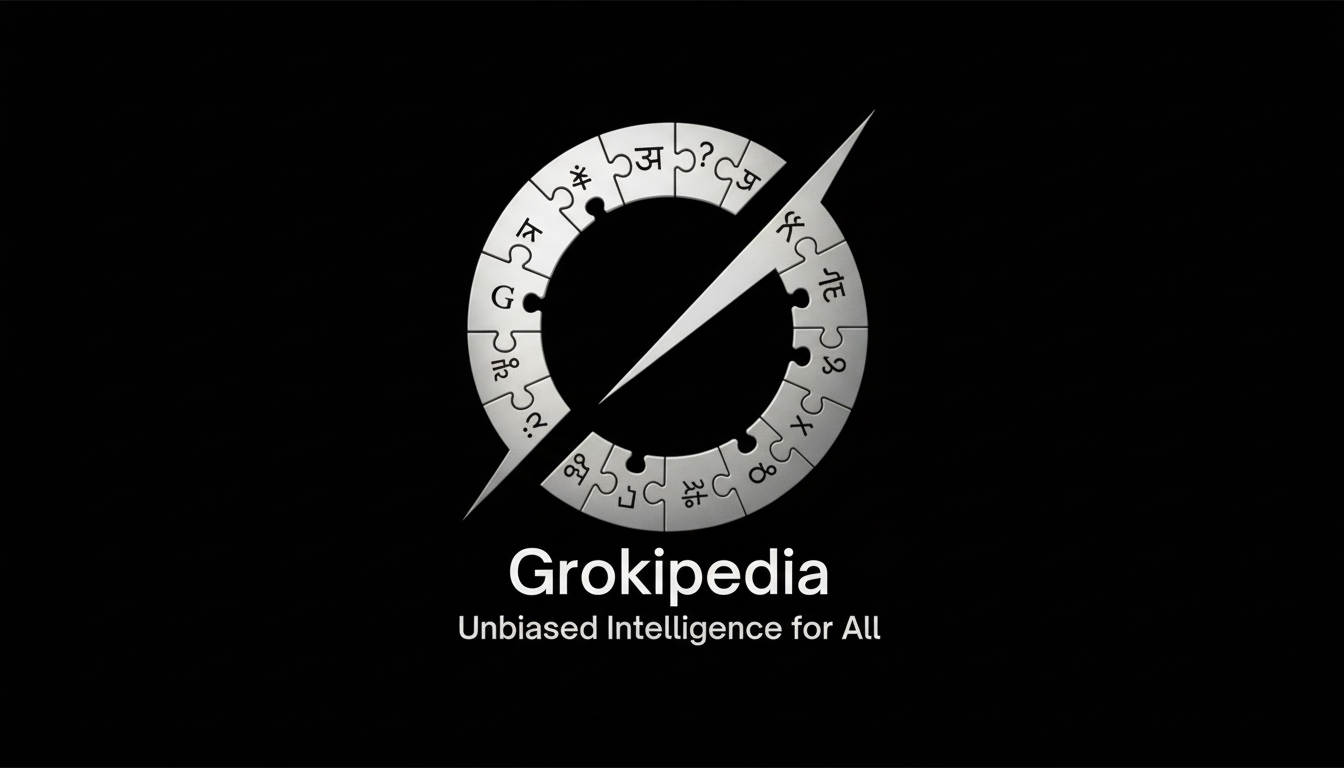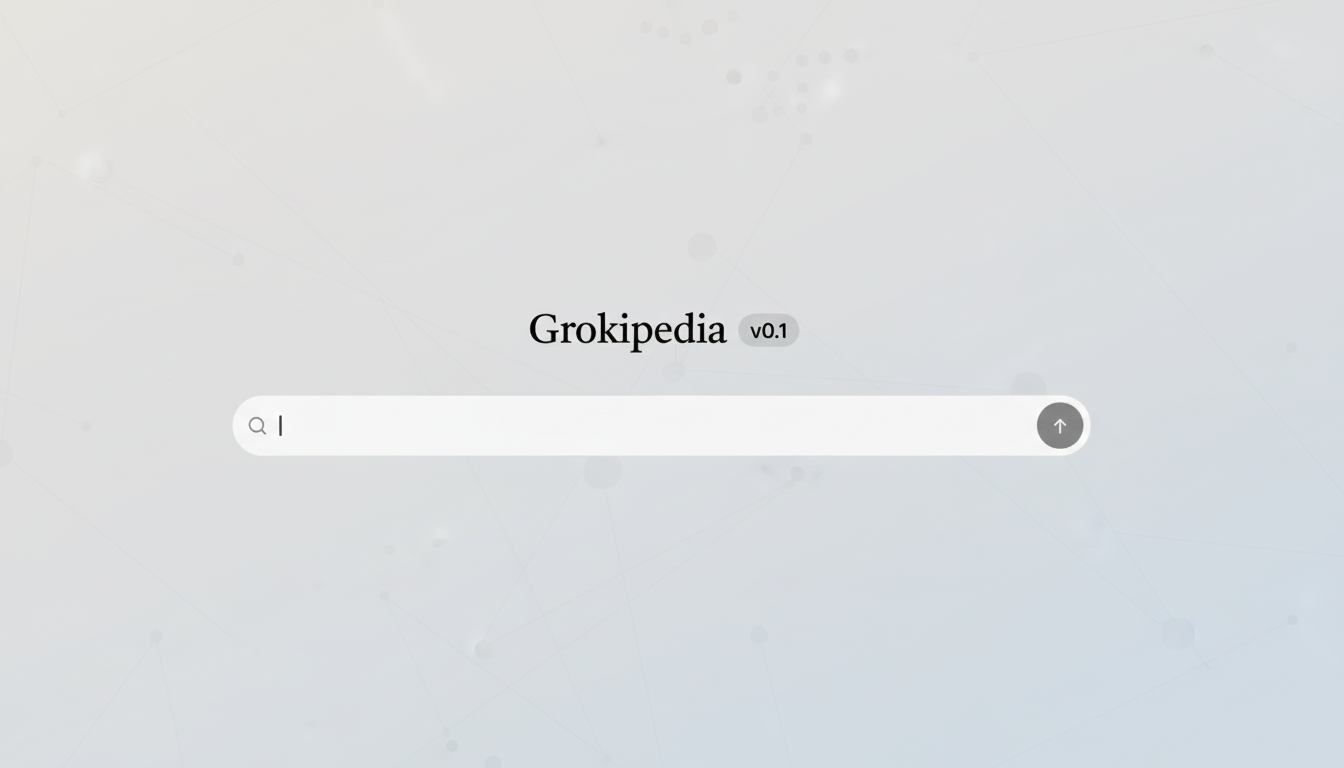Elon Musk’s Grokipedia came along to offer a neutral alternative to what he has disparaged as a “woke” encyclopedia. But an early look indicates the project draws heavily on the very product it is intended to replace, bringing in enormous troves of information much as it exists already on Wikipedia and giving it only light reworking under a different open license.
How Grokipedia Was Built and What It Includes
Grokipedia has listed 885,279 English-language entries and also includes the description “AI for Good” — for good measure!

There’s a sitewide notice that says content is copied from Wikipedia under Creative Commons Attribution-ShareAlike 4.0, a license which, as far as I can understand, allows reuse if the attribution, share-alike and change-notices conditions are satisfied. Musk’s stated goal is an open, all-inclusive knowledge archive — complete with space-bound laser-etched backups as a gesture of ambition.
For routine matters, the similarities are obvious. A lot of Grokipedia articles reflect the same layout, wording, and head sections as their Wikipedia equivalents — sometimes all the way down to infobox templates and list styles — indicating a wholesale import with only minimal post-import mangling.
The Story Is Told Through Side-by-Side Pages
Consumer tech entries are emblematic. The Nintendo Switch page on Grokipedia also looks remarkably like its Wikipedia counterpart, but features fewer references (316 citations compared to 522 on Wikipedia). The difference is even sharper on the MacBook Pro page, where Grokipedia has only two references to 142 in Wikipedia. And similar near-verbatim duplications appear for topics as mundane as Hallmark Cards and spatulas, or as sweepingly vast as popular children’s TV shows.
This pattern is important because Wikipedia’s credibility depends on verifiability and footnoting, which are undertaken by a vast volunteer corps. Trimming references for the sake of pasted prose can diminish that provenance, even as text is left legible.
When Politics Comes Into Play on Controversial Topics
This becomes increasingly polarizing on controversial matters. In Grokipedia’s entry on the Jan. 6 attack on the United States Capitol, it is described as a “riot” with many claims of voting irregularities, whereas Wikipedia begins its article by describing it as an attempt to overturn Donald Trump’s election loss in a self-coup. In George Floyd, Grokipedia leads with his criminal history; Wikipedia opens by noting that he was killed by a Minneapolis police officer. Several of these hot-button pages on Grokipedia do not even have the attribution line admitting adaptation from Wikipedia.
If it happens again, a closer inspection will be made under the conditions of CC BY-SA 4.0, which mandate that credit and any changes are clearly explained. The need for transparency about sources and edits has been a consistent theme of Creative Commons, including in its guidelines on appropriate ways to reuse materials.

Licensing and Attribution Questions Under CC BY-SA
With CC BY-SA, anyone can republish and remix Wikipedia content if they give attribution, link to the license and share derivatives under the same terms. Grokipedia’s universal footer would be an effort to fulfill those obligations, but it is unclear whether page-level gaps — particularly on politically sensitive or franchise topics — may pose compliance issues. Equally important, however, is signaling what was changed and when — an element that Wikipedia upholds through its explicit edit histories and talk pages.
The legal niceties are not academic for readers. Attribution and change logs enable you to trace provenance, weigh editorial choices and spot narrative skew, particularly in the case of AI-generated rewrites that may introduce a subtle factual drift.
Wikipedia Responds And The Search Signal
The Wikimedia Foundation, which oversees Wikipedia, says it is still assessing how Grokipedia works. It reiterated that Wikipedia is authored by human volunteers with transparent policies and stringent oversight — and it made a broader point when it comes to AI built into more derivative encyclopedias: such modern systems are critically dependent on Wikipedia’s corpus.
Early search signals reflect the skepticism. So if you Google “Grokipedia,” a Wikipedia entry immediately pops up, explaining that the site is very Wikipedian, and some of its entries are basically just taken from Wikipedia. That entry also discusses long-standing criticisms of Wikipedia’s own biases — citing organizations like the Manhattan Institute, The Free Press and the American Economic Association — highlighting how contentious neutrality has become.
What This Means for Readers and Future Forks
Forks and competitors to Wikipedia are not exactly new. Projects like Citizendium, Conservapedia and Everipedia said they would address perceived weaknesses, but none approached Wikipedia’s combination of scale, sourcing depth and community governance. A twist in Grokipedia — AI spit-out overlaid on Wikipedia scaffolding — could suffer if citations grow scarce and editorial slant veers away from transparent review.
The next challenge for Grokipedia is simple: “Citations, beef up citations,” consistently honor CC BY-SA page by page, and establish a visible editorial process that can stand the friction of inspection on the hardest topics. Until then, it resembles less an impartial reimagining than a mirror with some selective patches — ironically drawn from the very source it was intended to mend.

